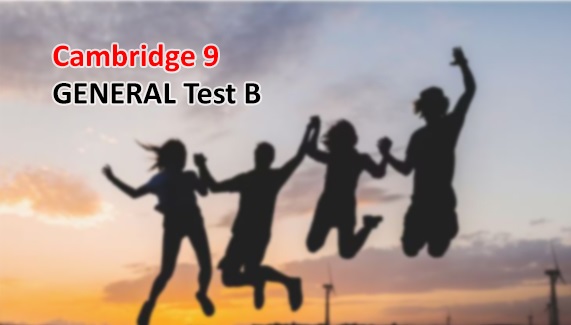
2023/10/01
Some people think that the teenage years are the happiest times of most people’s lives. Others think that adult life brings more happiness in spite of greater responsibilities.
Discuss both these views and give your own opinion.
The first view compares teenagerhood with other age groups. What is the difference?
We can consider responsibilities as one factor. At this age, what is expected of teenagers? Studying! Right? Perhaps, making friends! We worry if our teenage son or daughter is lonely. And health! This age group is far from the health issues associated with old age, and let us not forget that fear of death does not play a colorful role when you are a teenager. Do you see why teenagerhood seems the happiest? Of course, the task says ‘most’ people because these comparisons do not apply to everyone.
Now, let us look at the second view. It is also a comparison: “teenagerhood vs. adulthood.” Did you notice how older people look down on teenagers? They fall in love one day and break up the next. They rarely work or are grateful for what they have, such as a roof over their head or the food they eat. These are the thoughts that many adults have. And why? Adulthood is the period that allows an individual to design their own lives independently, set goals, and work hard to achieve them. That’s a lot of responsibility, but the reward is life satisfaction. For instance, becoming a homeowner requires years of backbreaking work and mortgage payments. But once you become a homeowner, you feel happy and satisfied.
Now that we have examined the views comparatively, we must present our own opinion. Are these comparisons valid? Can we really name one period of life, happiest or happier? I do not think we can. As with many from abusive families, an unhappy teenager might become a happy adult. Or a very happy teenager might not be able to endure the hardships of adulthood and feel miserable. Too many variables are involved, and the choice is subjective. The answer can vary. Perhaps, on average, we experience some happiness in each period of life.
OK, now I must mention a few sidenotes. The essays that my students wrote on this task showed several issues.
One, many of them forgot that this is a comparison task. In each view, there is a comparison (superlative and comparative).
Two, some of the students forgot that the second view has two parts. One part is about happiness in adulthood, and the second is about responsibilities. They must be considered together. Pain and gain!
Another issue was that some of my students read the sample essay at the end of the Cambridge book before they wrote the essay. This caused several problems:
Problem 1) Their essay became a rewritten version of the examiner’s sample. So, basically, they did not practice this type of task at all. Generally, looking at a few websites and reading about teenagers and adults and their differences is good. This can give us ideas. But reading a sample has a different effect. Perhaps we should read a sample answer after writing our own essay to compare.
Problem 2) The examiner’s sample is sophisticated in examining the viewpoints. Well, they are examiners, and they can. But can we also use the same approach? The answer depends on how skillful we are. Perhaps we should use a more straightforward method, become skillful, and then turn toward more complex techniques in essay writing. Reading that sample resulted in many of my students trying to copy the approach but failing because they could not get the paragraphs right.
Problem 3) The conclusion paragraph of the examiner’s essay is a well-written argument. Explaining why it is well-supported is not easy here, but I want you to know that it is not a simple personal story. Again, that little paragraph is very skillfully written. My students looked at that paragraph, wrote a personal story, and decided they liked teenagerhood or adulthood. No reason or support was offered. We cannot just look at a sample essay and write like that, especially an essay written by examiners. They contain complexities that we cannot see.
I hope this has been helpful.


0 Comment